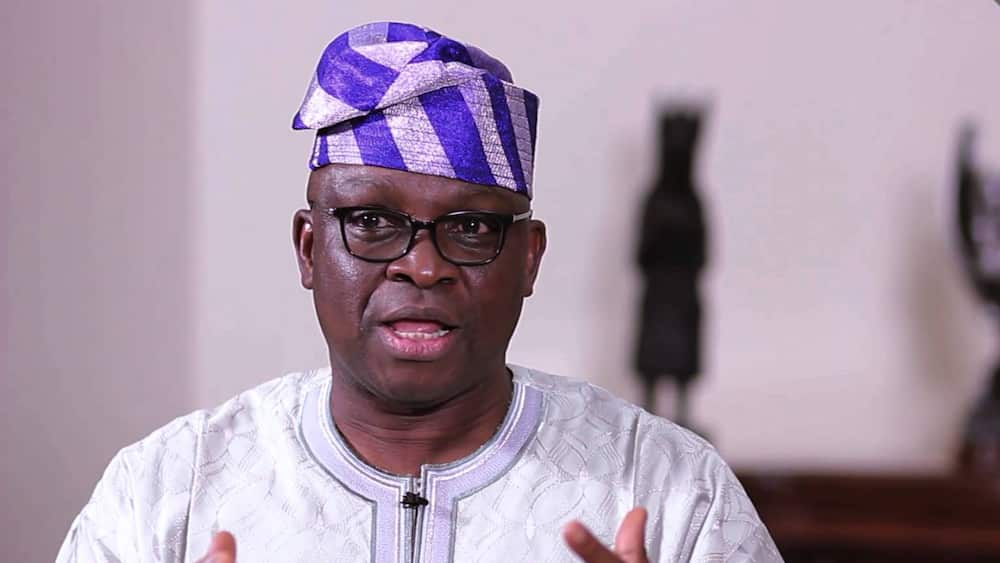Former Ekiti Governor Expresses Reservations Over Financial Autonomy for Local Governments
Ayo Fayose, a former governor of Ekiti State, has raised concerns over the Supreme Court’s judgement affirming financial autonomy for local government council areas. In an interview with Channels TV, Fayose argued that the state Houses of Assembly and governors will frustrate the enforcement of the judgement.
Fayose, who is also a chieftain of the People’s Democratic Party (PDP), emphasized that nobody from the grassroots can emerge as a local government chairman without the support of a governor. He argued that the court and the federal government cannot take away the power of governors, stating, "You cannot take the baby from the mother."
Fayose highlighted that the House of Assembly of every state controls the activities and checkmates the activities of the local government. He also revealed that while he was governor, he received money from Abuja, which was managed by people who are not politicians or council chairmen. The former governor stressed that there is only one representative of the governor, which is the local government commissioner, and that all others are local government officials, workers, and pensioners of the council.
Fayose also expressed disappointment that most council officials do not take their work seriously. He claimed that only a few council chairmen who have a good relationship with their governors are effective in their roles. The former governor argued that the state is more effective in administrative performance than the local government, and that the state’s control over the local government is necessary to prevent inefficiency.
Fayose’s comments have sparked controversy, with many arguing that the Supreme Court’s judgement is a step towards decentralization and more autonomy for local governments. However, the former governor’s reservations have highlighted the complexities and challenges involved in implementing the judgement.
The Supreme Court’s judgement, which was delivered in January 2023, declared that local governments are entitled to receive directly from the federal government the allocations meant for them without going through the state governments. The judgement was seen as a major step towards empowering local governments and promoting decentralization in Nigeria. However, the implementation of the judgement has been met with resistance from state governments, who argue that they have a constitutional right to manage the funds meant for local governments.
